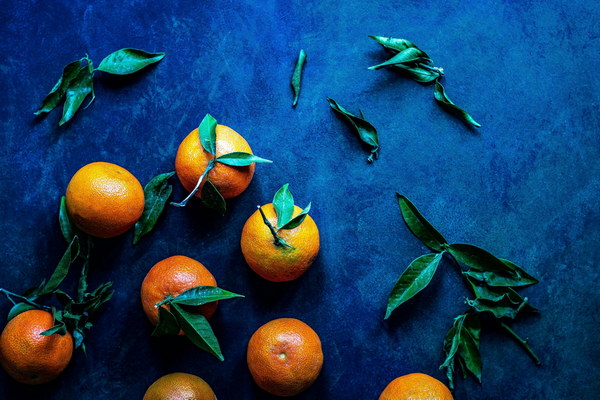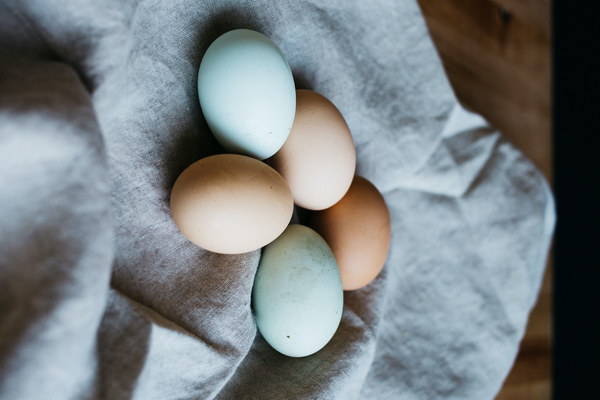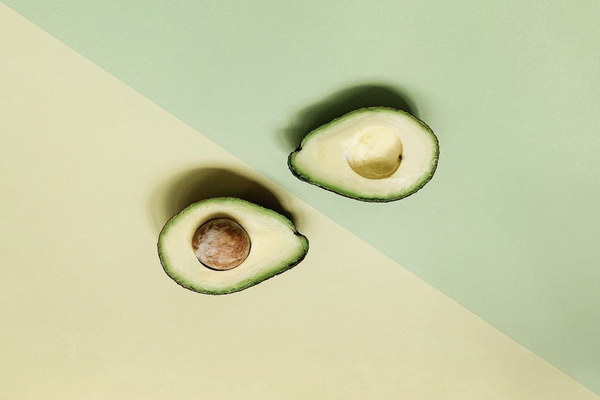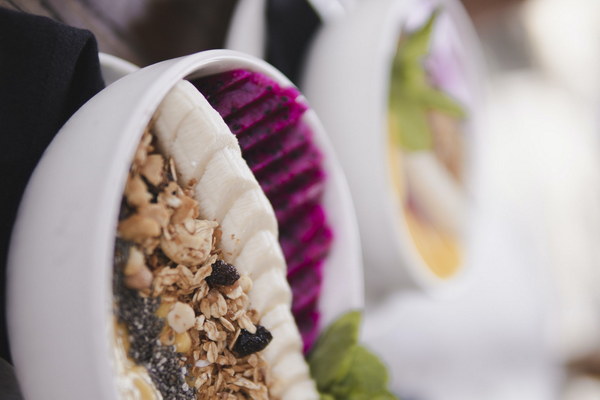The Ultimate Combinations What to Add to Chinese Herbs for Best Qi and Blood Tonification
The Ultimate Combinations: What to Add to Chinese Herbs for Best Qi and Blood Tonification
In the realm of traditional Chinese medicine, the concept of balancing Qi (vital energy) and blood is fundamental to health and well-being. Herbs are commonly used to tonify these vital substances, but their effectiveness can be enhanced by combining them with certain foods or other herbs. Here, we explore the ultimate combinations that can amplify the Qi and blood tonifying properties of Chinese herbs.
1. Ginseng (Panax ginseng) with Honey
Ginseng is renowned for its Qi and blood tonifying properties, but its effects can be further potentiated by adding honey. Honey not only sweetens the ginseng's potent taste but also has its own healing properties, such as its ability to nourish the liver, enhance energy, and boost the immune system. To use this combination, simply mix a teaspoon of honey into a cup of ginseng tea.

2. Astragalus (Astragalus membranaceus) with Chicken Soup
Astragalus is a well-known immune-enhancing herb that can also help to tonify Qi and blood. When combined with chicken soup, it becomes a comforting and nourishing dish that can support overall health. The warmth of the soup helps to circulate the Qi and blood, while the chicken itself provides essential amino acids and minerals. To prepare this combination, simmer astragalus roots in chicken broth for several hours and then strain the herbs out before serving.
3. Codonopsis (Codonopsis pilosula) with Goji Berries
Codonopsis is another herb that is highly effective for Qi and blood tonification. When combined with goji berries, it creates a synergistic effect that enhances energy levels, strengthens the immune system, and supports overall vitality. Both herbs are typically taken in powder form or as a tea. Simply mix equal parts of codonopsis powder with goji berries and steep them in hot water for a restorative infusion.
4. Chinese dates (Jujube) with Cinnamon
Chinese dates, also known as jujube, are a sweet and nourishing fruit that is often used in Chinese medicine to tonify the spleen and heart, as well as to enrich the blood. When paired with cinnamon, which has warming properties and is known to enhance blood circulation, the combination can be particularly effective for those with blood deficiency. Make a tea by simmering a handful of dates with a cinnamon stick in water for about 20 minutes.
5. Rehmannia (Rehmannia glutinosa) with Licorice
Rehmannia is a key herb in Chinese medicine for nourishing the blood and Yin. When combined with licorice, it can help to balance the body's Yin and Yang energies, thereby enhancing its blood tonifying effects. Licorice also has a soothing effect on the stomach, which can be beneficial for those who may experience digestive discomfort from other herbs. A simple way to use this combination is to add rehmannia and licorice roots to a pot of water and simmer them for several hours, then strain and drink the liquid.
6. Dangshen (Panax notoginseng) with Royal Jelly
Dangshen, or Panax notoginseng, is another herb that is highly valued for its Qi and blood tonifying properties. Royal jelly, a substance produced by bees, is rich in nutrients and is known for its ability to boost energy and vitality. Together, these two substances can create a powerful tonic that can support overall health and well-being. Mix a small amount of royal jelly into a cup of dangshen tea for a restorative drink.
In conclusion, the effectiveness of Chinese herbs for Qi and blood tonification can often be enhanced through thoughtful combinations with other herbs or foods. These combinations are not only about the physical benefits but also about creating a harmonious blend that supports the body's natural healing processes. Whether you're looking to boost your energy, strengthen your immune system, or simply support your overall health, exploring these combinations can be a rewarding endeavor. Always remember to consult with a qualified practitioner before starting any new herbal regimen to ensure it is appropriate for your individual health needs.









